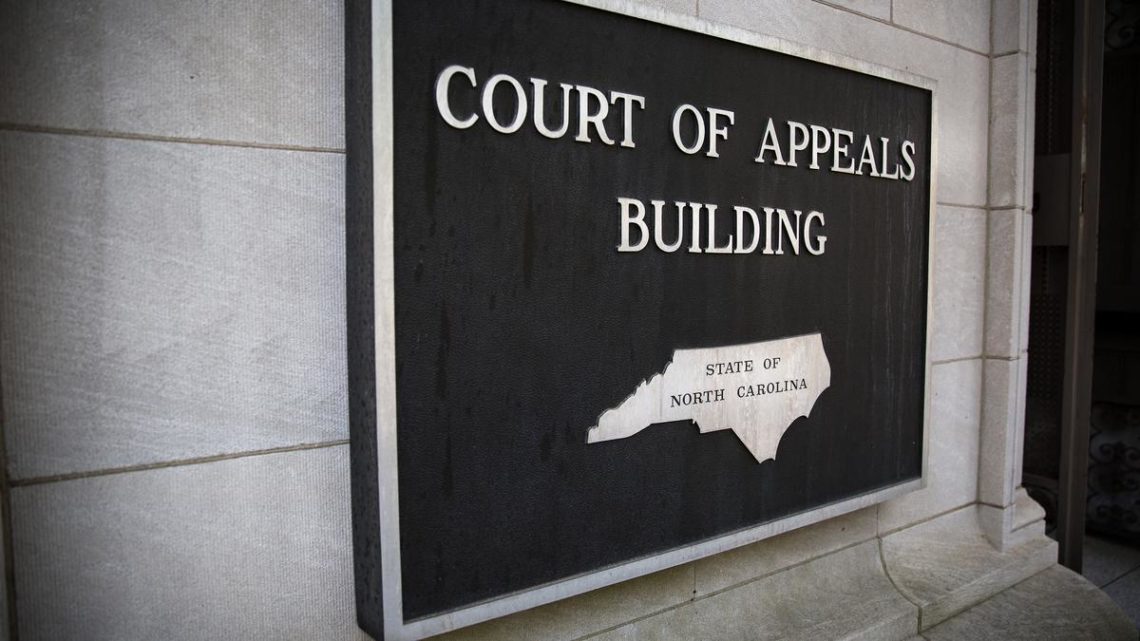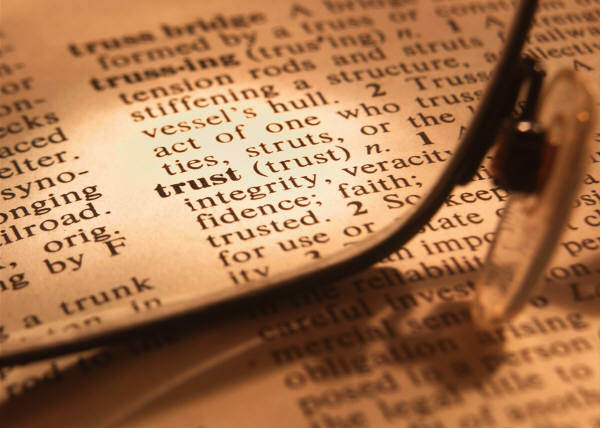The recent North Carolina Court of Appeals decision in Weishaupt-Smith v. Town of Banner Elk represents North Carolina’s first appellate ruling interpreting Rule 38(b) of the North Carolina Rules of Appellate Procedure, which provides the second of three (3) categories in which substitution of a party to a dispute on appeal is permitted. Although this rule was adopted in 1975, courts remained silent on its interpretation until Weishaupt-Smith.
Rule 38 Substitution of Parties
Rule 38 provides three specific categories under which a party to a dispute on appeal or while appeal is pending may be substituted. The first, Rule 38(a), permits substitution when a party dies but the cause of action survives. The second, Rule 38(b), permits substitution when “necessary for any reason other than death[.]” The third, Rule 38(c), permits substitution when a person is a party in an official capacity and the person ceases to hold office.
Rules 38(a) and (c) offer clear instruction on when substitution is permitted. However, for more than 40 years, the courts never weighed in on the meaning of Rule 38(b) and its wording. What does it mean that substitution is “necessary” for a reason other than death?
The Weishaupt-Smith Ruling
American Tower applied for a Conditional Use Permit with the Town of Banner Elk to construct a telecommunications tower over real property it leased. The Town of Banner Elk’s Board of Adjustment held a hearing for this application. Petitioner Petra Weishaupt-Smith, the owner of adjacent real property, intervened at this hearing to oppose American Tower’s application. William Stevenson, also the owner of neighboring real property, sought to intervene but the Board of Adjustment ruled against his intervention. Stevenson did not appeal this decision by the Board of Adjustment. American Tower subsequently filed a request for a Variance to its 20-foot easement to access the leased property, seeking an additional five (5) feet. Stevenson did not seek to intervene or otherwise participate in this proceeding.
After a prolonged back-and-forth between the Board of Adjustment and the Avery County Superior Court, the Board unanimously voted to grant American Tower’s Conditional Use Permit and its Variance request. Weishaupt-Smith petitioned the Avery County Superior Court to review the Board’s decisions, and the court affirmed. Weishaupt-Smith filed an appeal of this decision, and Stevenson simultaneously filed a Motion to Substitute Party pursuant to Rule 38 because Weishaupt-Smith had sold her interest her real property, thus forfeiting her standing to appeal.
No parties to the dispute challenged Stevenson’s Motion to Substitute Party. However, an appeal may be taken only by a real party in interest who is aggrieved by the trial court’s ruling. Therefore, the Court of Appeals addressed this substitution sua sponte, citing In re T.R.P., 360 N.C. 588, 636 S.E.2d 787 (2006), which holds that subject matter jurisdiction cannot be conferred “by consent, waiver or estoppel . . . .” Without state court precedent, the Court of Appeals turned to federal court decisions for guidance. The Federal Rules of Appellate Procedure’s rule for substitution of parties, Rule 43(b), contains similar language to North Carolina’s Rule 38(b). Although the federal rule’s particular wording changed over time, Rule 43(b)’s prior version permitted substitution when “necessary for any reason other than death.” The D.C. Circuit Court ruled that “necessary” means substitution is available only when a party is unable to continue to litigate; it does not accommodate instances where the original party voluntarily choses to cease litigating. The D.C. Circuit Court provides as examples incompetency or a party’s transfer of its interest in the property in dispute.
With the federal court’s interpretation of Federal Rule 43(b) as guidance, the Court of Appeals held that Stevenson’s substitution was not necessary as required by North Carolina Rule 38(b). Stevenson was not the successor in interest to the real property previously owned by Weishaupt-Smith, nor had Weishaupt-Smith become incompetent. Conversely, Stevenson was unrelated to Weishaupt-Smith, except that he also owned property adjacent to American Tower’s leased property, and failed to intervene in the prior proceedings. As a result, he was not aggrieved by the trial court’s decision and thus had no standing to appeal it.
As a result, similar to the federal court’s interpretation of its rule for substitution of a party, Weishaupt-Smith provides a very narrow reading of Rule 38(b).
If you have questions regarding an appeal of a civil judgment, please give us a call at (704) 457-1010 to schedule a consultation. For more information regarding our firm, attorneys, and practice areas, please visit https://lindleylawoffice.com/.




